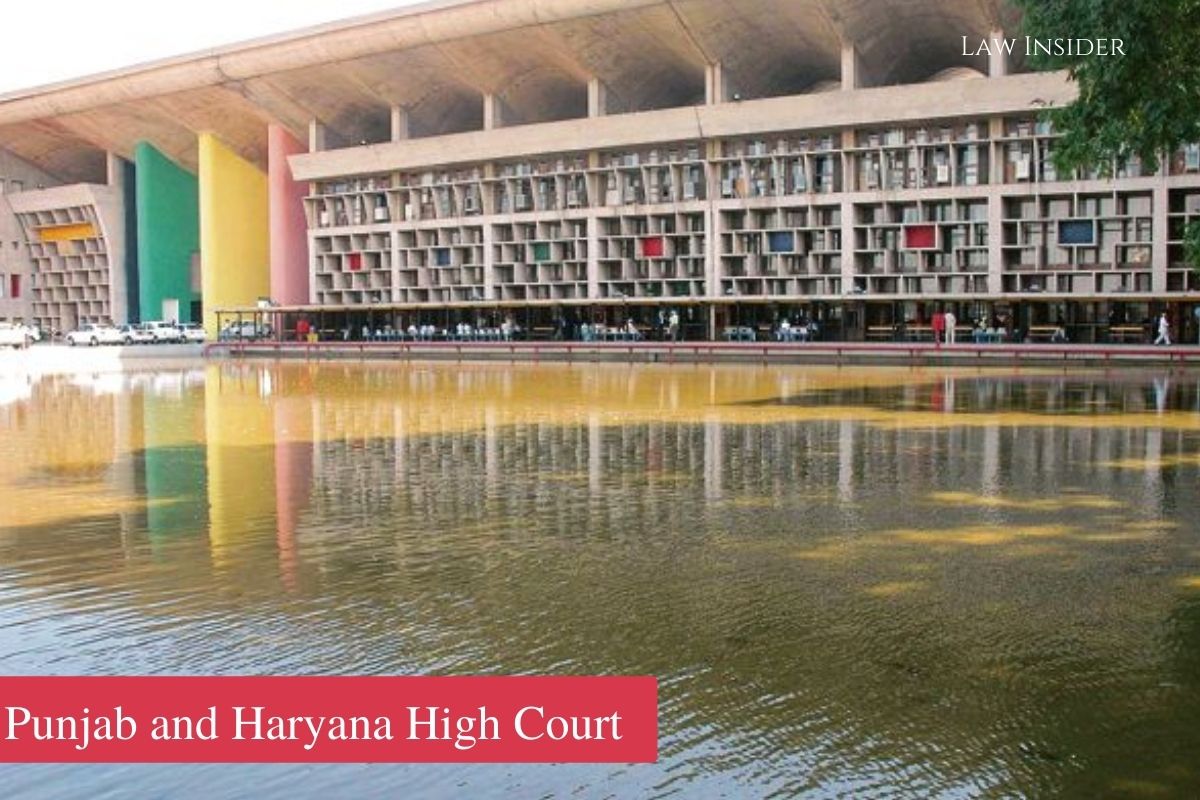LI Network
Published on: 25 September 2023 at 12:40 IST
The Punjab & Haryana High Court has adjusted the order issued by the Additional Sessions Judge (ASJ) to specify that does the petitioner is eligible for default bail under Section 167(2) CrPC, this bail can be revoked if the prosecution demonstrates a compelling case and provides specific reasons indicating that the accused has committed a non-bailable offense. This should be considered in light of the criteria outlined in Sections 437(5) and Section 439(2) CrPC.
This decision came in response to a Section 482 CrPC petition aimed at nullifying the order of the Additional Sessions Judge, Jhajjar, which had granted the petitioner interim bail until the filing of the challan and FSL report. This request for default bail was made under Section 167(2) CrPC in a case stemming from an FIR under Section 22 of the Narcotic Drugs and Psychotropic Substances Act, 1985 [NDPS Act], lodged at Police Station Bahadurgarh, Jhajjar.
Justice Deepak Gupta, a Single Judge Bench, noted that “while merely filing a charge-sheet cannot result in the cancellation of default bail granted under Section 167(2) CrPC, if a strong case is established based on the charge-sheet and special reasons are presented within the charge-sheet indicating that the accused has committed a non-bailable crime, considering the grounds detailed in Section 437(5) and Section 439(2) CrPC, then bail can be revoked on its merits. Courts are not precluded from examining applications for the cancellation of bail on its merits.”
The case’s brief facts entail the prosecution’s allegations that 21.54 grams of MDMA were seized from the petitioner’s possession by a police team following a tip-off. After the petitioner’s arrest, the investigating agency failed to submit the report under Section 173(2) CrPC within the prescribed time frame. Consequently, after spending 196 days in judicial custody, the petitioner applied for default bail under Section 167(2) CrPC. Subsequently, the ASJ, Jhajjar, granted interim bail to the petitioner until the FSL report and the challan were presented to the Court.
Following deliberation, the Bench pointed out that if the investigating agency fails to file the final report, challan, or charge-sheet within the stipulated timeframe, the accused is entitled to automatic default bail under Section 167(2) CrPC.
Furthermore, the Bench noted that this right remains intact even if the investigating agency files the charge-sheet after the default bail application has been submitted.
However, the key question is the duration of this default bail, and whether it can be revoked under any circumstances, the Bench emphasized.
The High Court, therefore, granted bail while clarifying that simply filing the FSL report and the challan would not suffice as grounds for canceling default bail.
Case Title: Bharat Kumar v. State of Haryana

